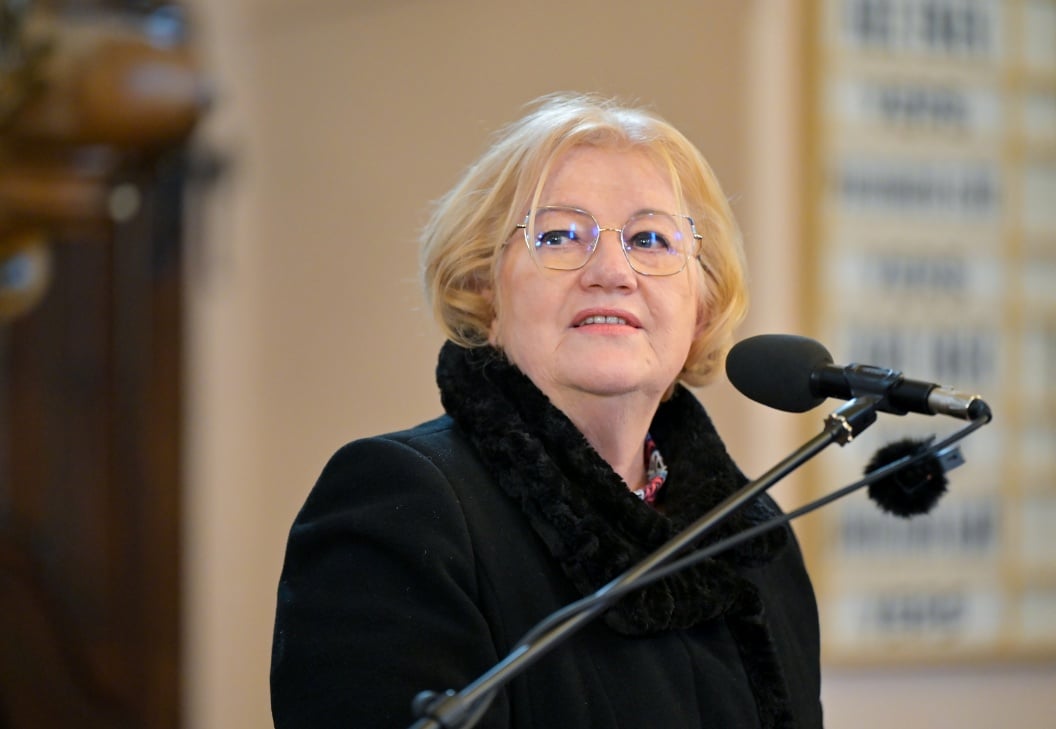
It is the largest and most influential organization of the approximately 11,000 Hungarians living in the Czech Republic.Continue reading

The Hungarian Prime Minister’s Advisor, Katalin Szili, recently gave a speech at the fourth national meeting of leaders of Hungarian communities in the United Kingdom, in which she expressed that the nation has become more unified over the past fifteen years. She emphasized that this indicates the establishment of an institutionalized system of relations with the diaspora, and that Hungary considers it important to maintain continuous contact with those living in the diaspora.
In her speech in London on Sunday, Katalin Szili quoted the late Árpád János Potápi, State Secretary for National Policy at the Prime Minister’s Office, who believed that Hungary is the shared homeland of all Hungarians.
In connection with this idea, the Prime Minister’s advisor emphasized her opinion that over the past fifteen years, the nation has been united to such an extent that “we hope that no one will ever be able to break it apart or crumble it again.”
Szili recalled that the Szekler National Council (SZNT) recently submitted a citizens’ initiative to the European Union advocating for cohesion support for national regions, and that a hearing on this matter had already taken place in Brussels in April, with the next one scheduled for July.
Szili said that the aim of the initiative is for the EU to recognize national regions as special regions and provide them with special support, just as it does for other EU regions that are treated as special areas due to their unique geographical characteristics, for instance, through the use of cohesion funds.
She underlined in her speech that many doubt the success of the initiative, as the EU is “not really trying” to implement such initiatives. However, she stated that she is confident that the European Union will “rise to the occasion” this time, recognize the existence of such regions, and provide them with support.
Szili believes that Hungary must also stand up for the Hungarian community living in Transcarpathia. She emphasized that Ukraine has obligations towards national minorities, yet decisions have been made to restrict their rights, for example, regarding mother-tongue education, and the Hungarian community in Transcarpathia is not recognized as an indigenous community.
Via MTI; Featured photo: MTI/Krizsán Csaba